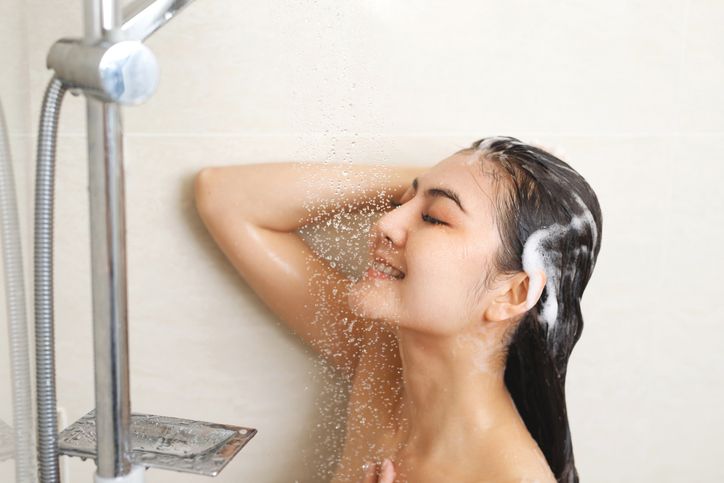
- Home
- Trend
- Weight Loss Strategies
- Acne Tips
- Hair Health Information
- Blemish Removal Tips
- Acne Scar Removal Tips
- Muscle Building Techniques
- Intimate Care Tips
- Postpartum Intimate Care
- Eye Bags Wiki
- Tips for Face Slimming
- Secret of Permanent Hair Removal
- Breast Enlargement Tips
- Cure to Snoring
- Marionette Lines
- Skin-Tightening Secrets
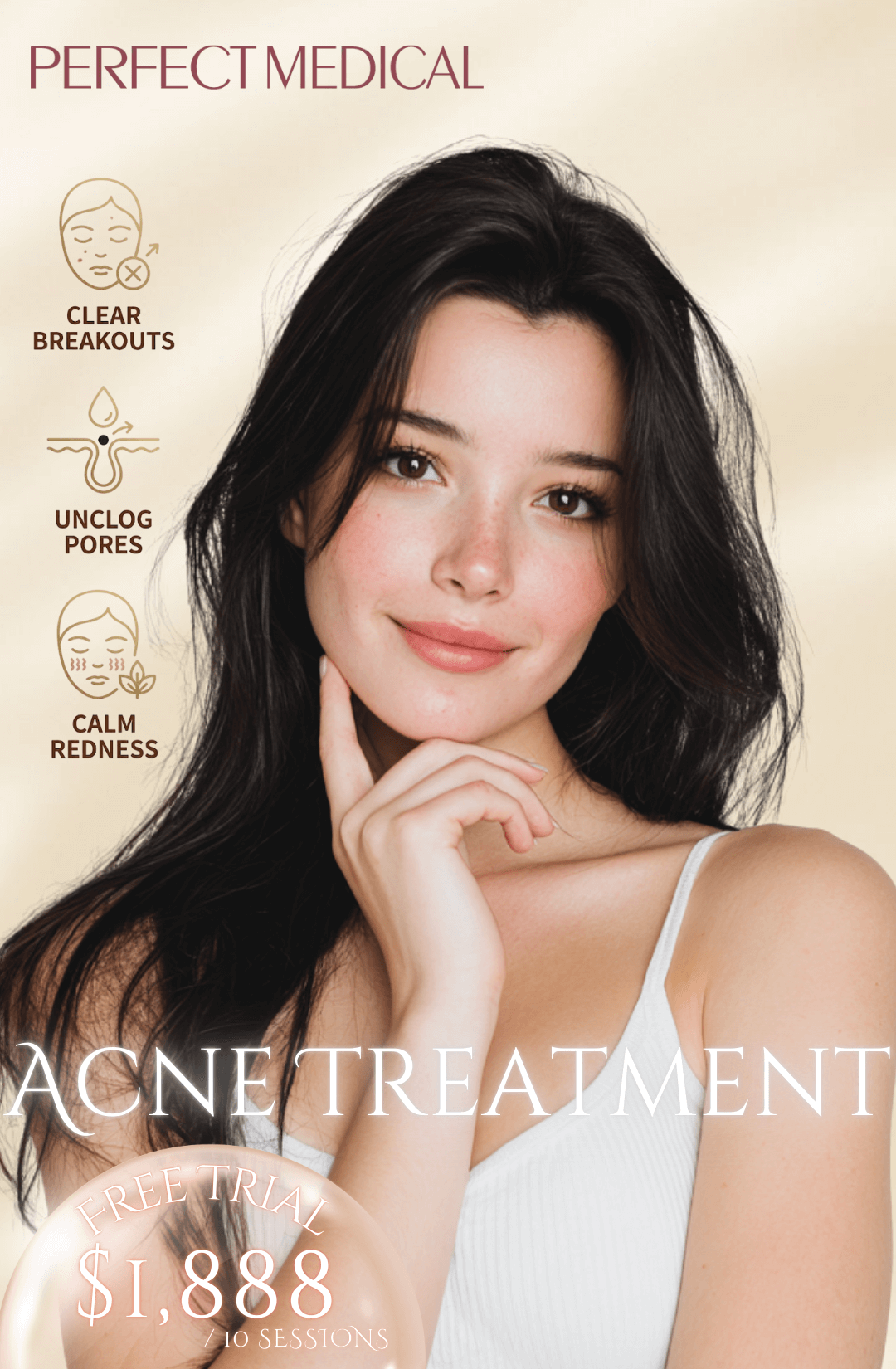
免費體驗
Acne Treatment
1 Minute Self-Registration
Date should not be before minimal date
Hormonal imbalance is often linked to acne. Adult acne, often caused by hormonal fluctuations, can be managed with various medical treatments. When your hormones go haywire, it can lead to excessive sebum production. This increases the chances of clogged pores, causing blackheads, acne, and pimples. In severe cases, this imbalance can result in cystic acne and hormonal breakouts. But don’t worry, there’s plenty you can do to tackle this issue head-on.
1
What is Hormonal Imbalance?
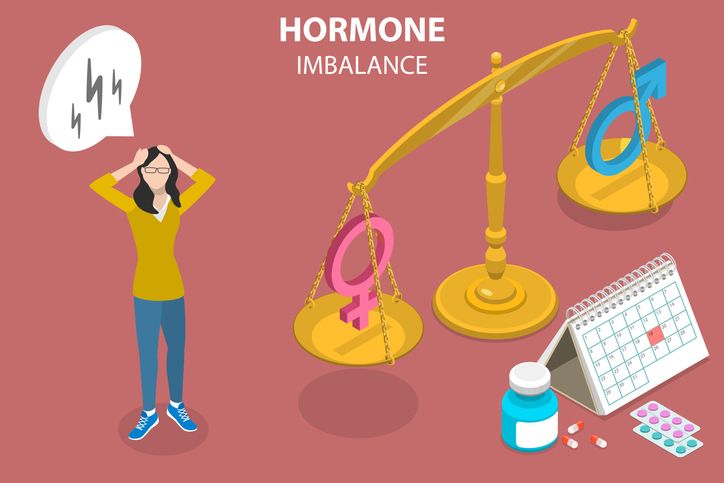
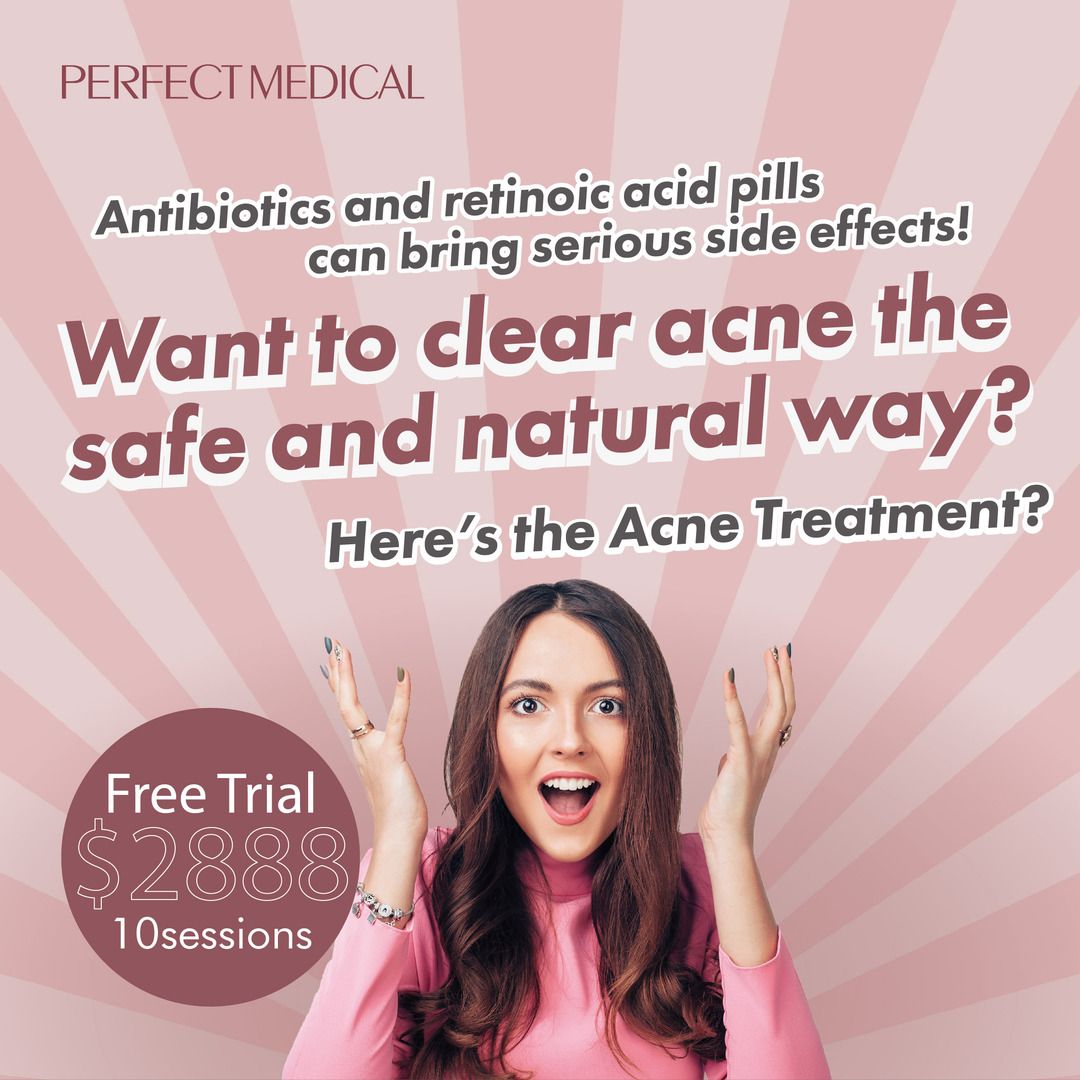
2
Causes of Hormonal Imbalance
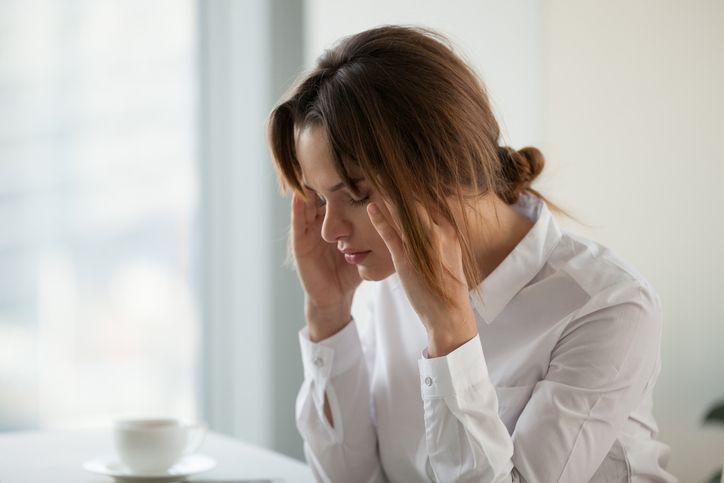
3
Symptoms of Hormonal Imbalance in Women

Symptom 1: Irregular Menstruation
Symptom 2: Excessive Body Hair
Symptom 3: Poor Skin Condition
Symptom 4: Poor Sleep Quality
Symptom 5: Emotional Instability
Symptom 6: Obesity

4
Four Major Types of Hormonal Imbalance
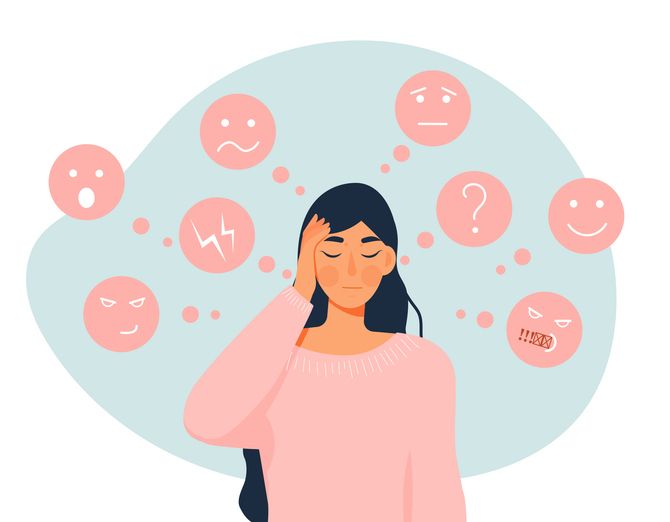
Type 1: Female Estrogen Imbalance
Type 2: Thyroxine Imbalance
Type 3: Stress Hormone Imbalance
Type 4: Male Hormone Imbalance
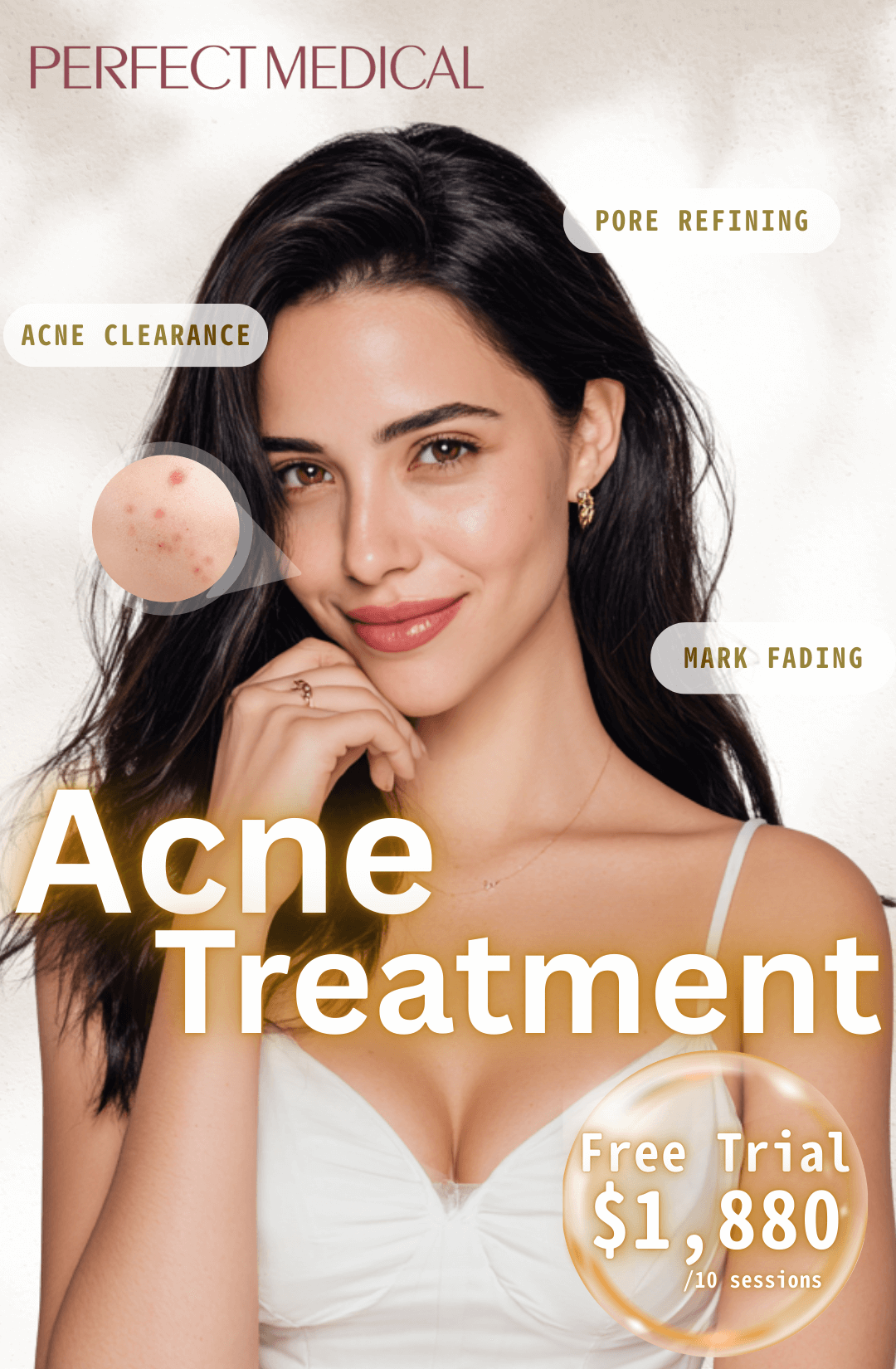
免費體驗
Acne Treatment
1 Minute Self-Registration
Date should not be before minimal date
5
Achieve Everlasting Clear Skin with Perfect Medical's Acne Treatment!


6
What is the Relationship Between Hormonal Imbalance and Acne?
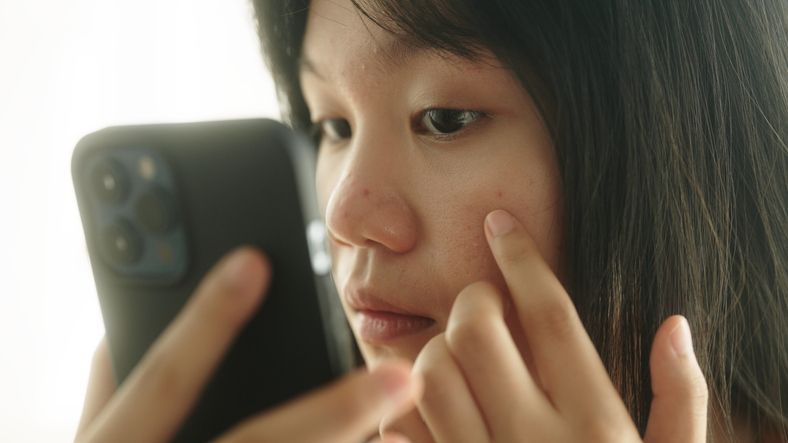
- What’s the Most Effective Way to Remove Blackheads and Whiteheads? Here're the Expert-Recommended Solutions
- How To Fix Severe Acne? 12 Common Questions About Severe Acne Answered
- Getting Rid of Acne Scars 101: A Guide for Sensitive Skin
- The Unexpected Link Between Fungal Acne And Your Lifestyle Choices
7
How Does Traditional Chinese Medicine Treat Hormonal Imbalance and How to Treat Hormonal Acne?


8
Improve Hormonal Acne! Try This TMC Tea to Help!
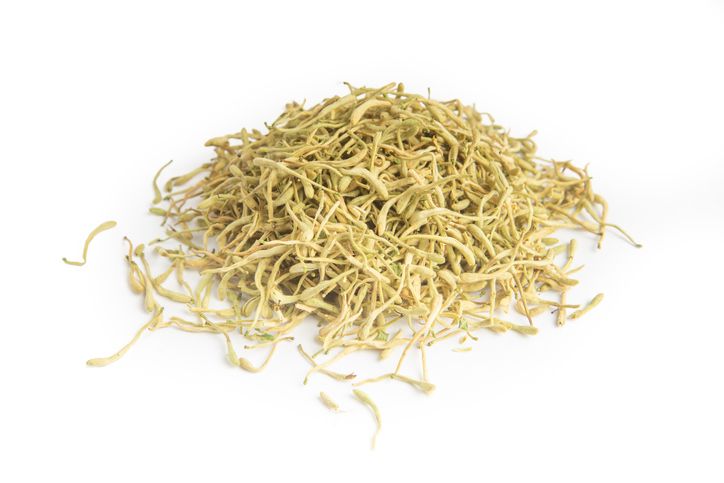
Honeysuckle Acne-Removing Tea

免費體驗
Acne Treatment
1 Minute Self-Registration
Date should not be before minimal date
9
What Foods Can Improve Hormonal Imbalance?
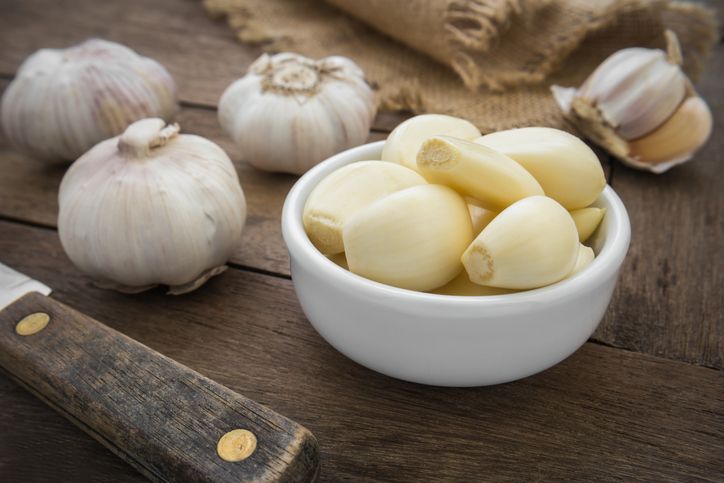
Food to Relieve Hormonal Imbalance 1: Garlic
Food to Relieve Hormonal Imbalance 2: Red and Yellow Foods
Food to Relieve Hormonal Imbalance 3: Green Vegetables
Food to Relieve Hormonal Imbalance 4: Protein
Food to Relieve Hormonal Imbalance 5: Fresh Fruits
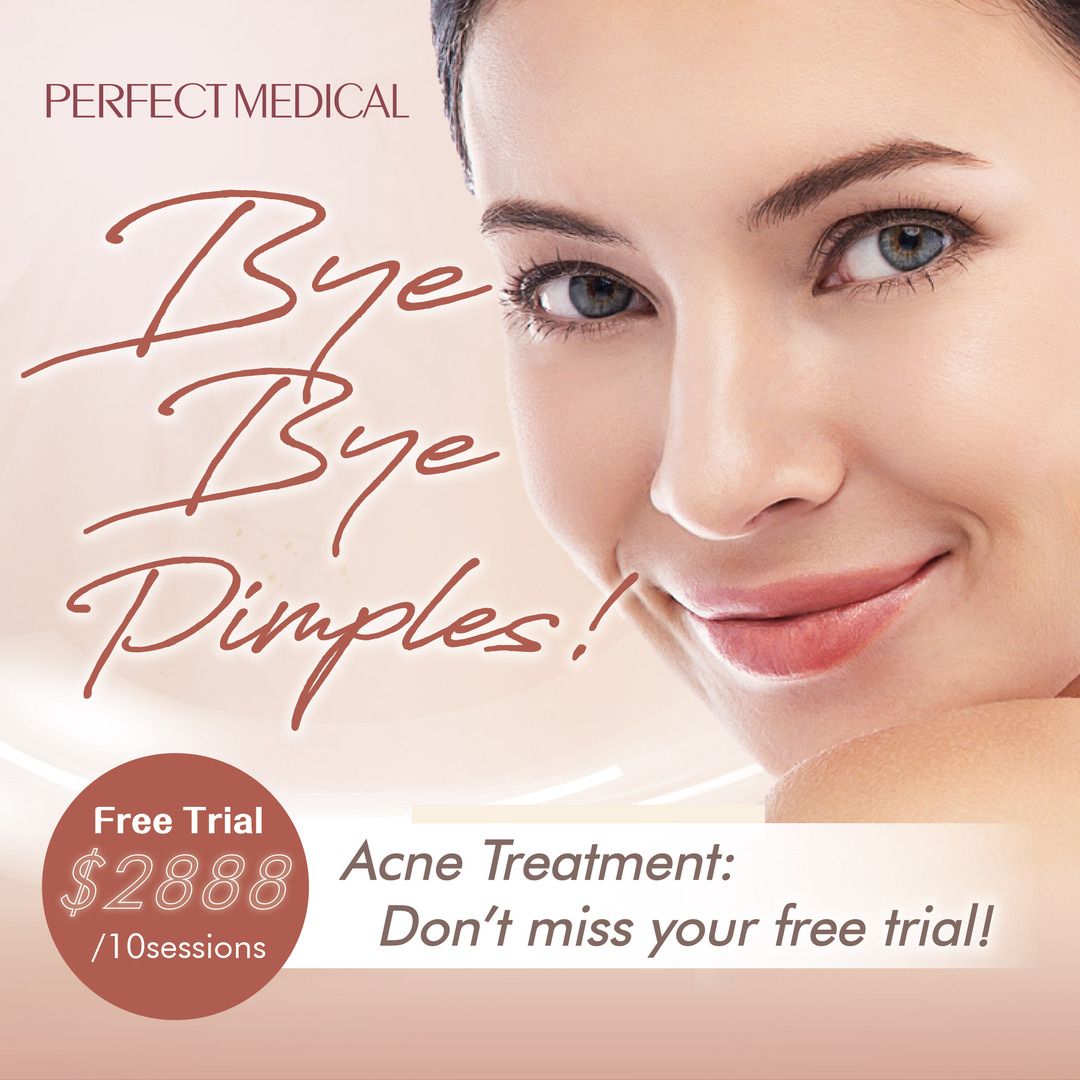
10
How to Prevent Hormonal Imbalance? 7 Daily Tips to Follow!
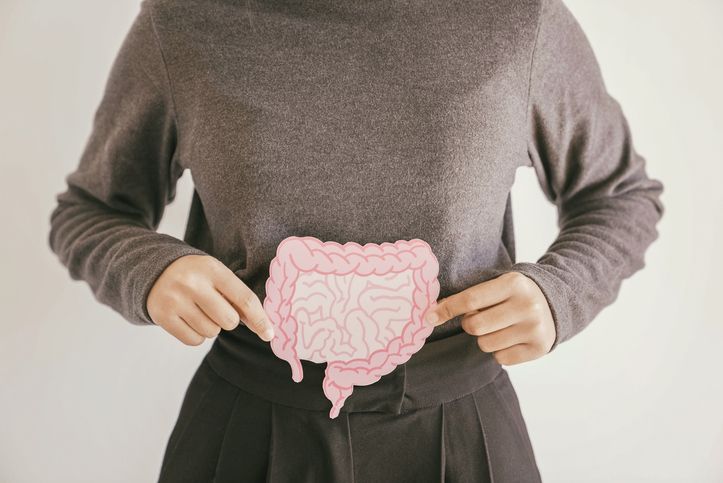
1: Maintain Gut Health
2: Keep the Liver's Detox Function Normal
3: Reduce Exposure to Environmental Hormones
4: Adjust the Autonomic Nervous System
5: Balanced Diet
6: Moderate Exercise
7: Regular Rest
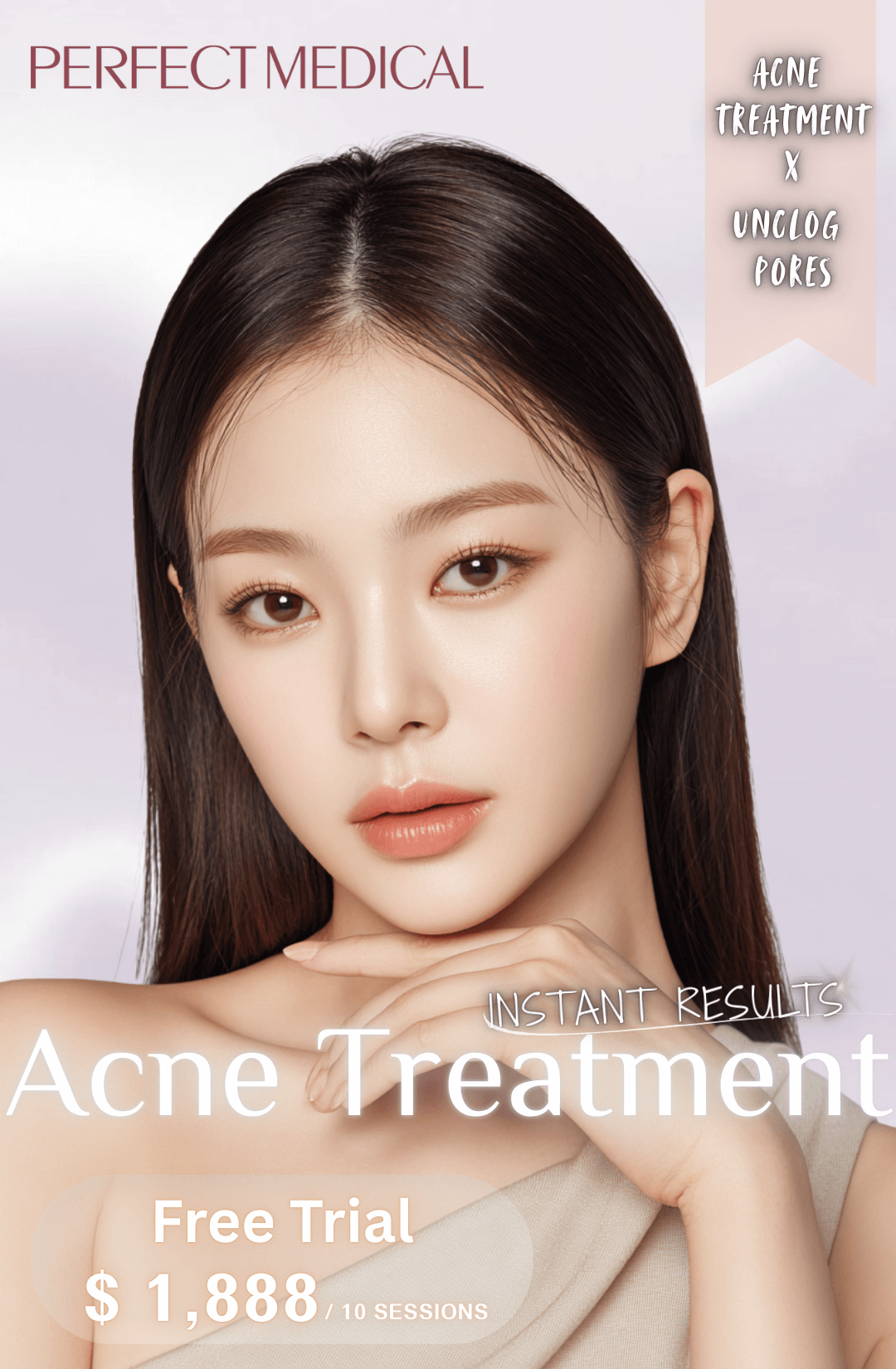
免費體驗
Acne Treatment
1 Minute Self-Registration
Date should not be before minimal date
FAQ

How can you tell if your acne is hormonal cystic acne?
Hormonal acne often appears along the jawline, chin, and neck. It typically coincides with hormonal changes such as your menstrual cycle. Symptoms include painful cysts and acne breakouts that worsen before your period. If you notice a pattern, it’s likely hormonal acne.
Can diet affect hormonal acne?
Yes, diet can influence hormonal acne. Foods high in sugar and dairy can increase oil production and worsen acne. A balanced diet rich in vegetables, fruits, and whole grains helps maintain hormonal balance and reduces acne breakouts. Drinking enough water is also essential.
How do birth control pills help with hormonal acne?
Birth control pills can help regulate hormone levels and reduce androgen hormones. This decreases oil production and prevents clogged pores, effectively reducing acne. It’s important to consult with a healthcare provider to find the right type for you.
Does hormonal acne get worse before it gets better?
Hormonal acne and moderate acne can sometimes get worse before they improve, especially when starting a new treatment like topical retinoids or oral antibiotics. This initial flare-up is normal as your skin adjusts. Consistency with treatments and patience are key to seeing results.
Is hormonal acne linked to other health conditions?
Yes, hormonal acne can be linked to conditions like polycystic ovary syndrome (PCOS), thyroid imbalances, and even breast cancer. These conditions cause hormonal imbalances that can trigger acne. If you suspect an underlying issue, consult with a healthcare provider for comprehensive care.





